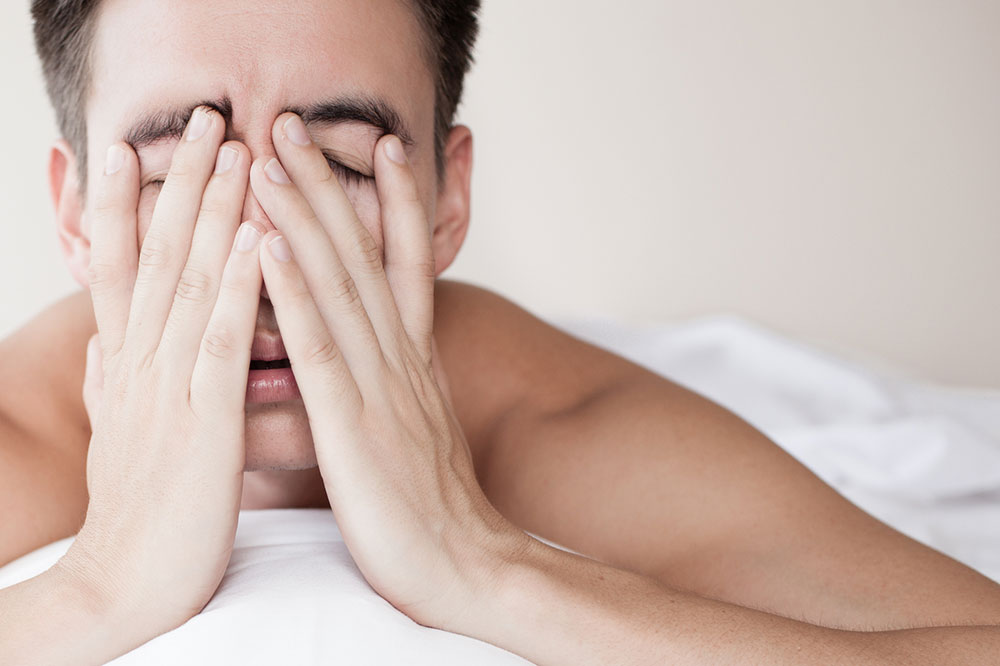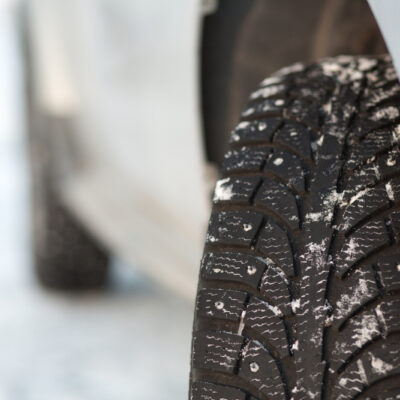
Common Indicators of Sleep Apnea in Children and Adults
Sleep apnea is a condition in which the affected person may experience shortness of breath inconsistently throughout the night. It is a serious sleeping disorder that could lead to a wide number of health problems if left untreated for a long time.
There are a few different types of sleep apnea, such as obstructive sleep apnea, central sleep apnea, and complex sleep apnea syndrome, that are classified based on how the body reacts to the sudden halt in breathing. There are several signs and symptoms that may indicate sleep apnea in a person.
The symptoms associated with sleep apnea in adults may differ from those observed in children and toddlers. Here are some common symptoms observed for sleep apnea:
Adults
- The most common and easily noticeable sign of sleep apnea in adults is heavy snoring throughout the night and often waking up with a sore or dry throat.
- People with sleep apnea often find it difficult to sleep through the night. Therefore, another common symptom of sleep apnea in adults is constantly waking up either to go to the bathroom or with a feeling of shortness of breath.
- Some adults tend to wake up with an uncomfortable headache when suffering from sleep apnea and often have trouble paying attention or concentrating on everyday things when awake. Other common daytime symptoms include feeling sluggish and sleepy throughout the day or experiencing irritability and mood swings.
- Many could also find it difficult to get any sleep at all during the night.
- Adults often experience extreme sleepiness during the day and may find themselves dozing off while carrying out tasks like driving.
Children
- When it comes to babies and younger children, there are certain common signs and symptoms that could indicate sleep apnea. The most common one is mouth breathing and abrupt pauses in breathing as they sleep.
- Other common symptoms that are observed in children and toddlers are snoring, bedwetting, as well as extreme sleepiness during the day.
- Children with sleep apnea are often observed to have a hard time catching up with learning since they have a poor attention span due to lack of sleep.
- They are also often observed to be quite irritable and prone to frequent mood swings that may sometimes be completely out of character.
- Toddlers may also profusely sweat during the day and may fall asleep at random and inappropriate times.
- It has been observed that children and toddlers who suffer from sleep apnea are often diagnosed with throat conditions such as tonsil- or adenoid-related disorders.
- Sleep apnea is also known to negatively affect the growth in children, so parents may observe that the child is growing at a slower pace than others.


